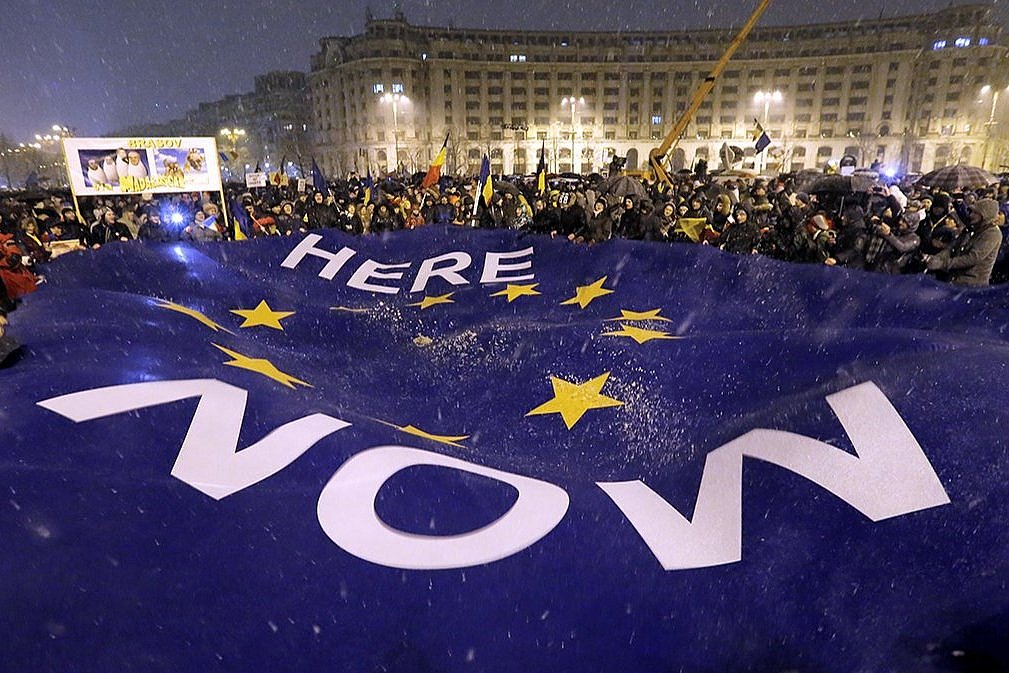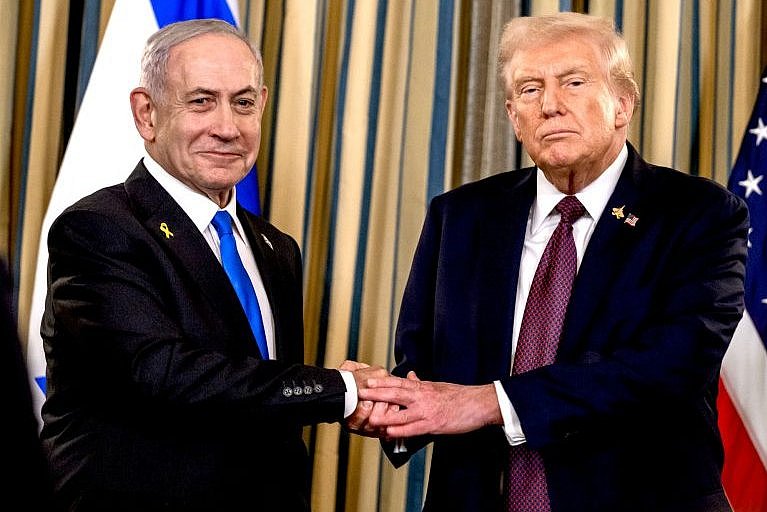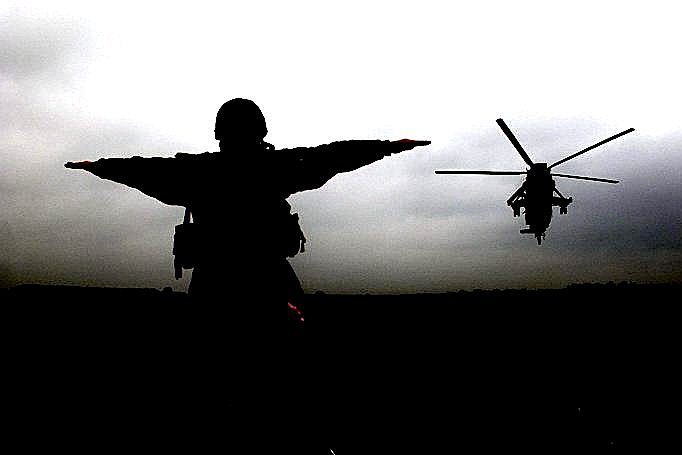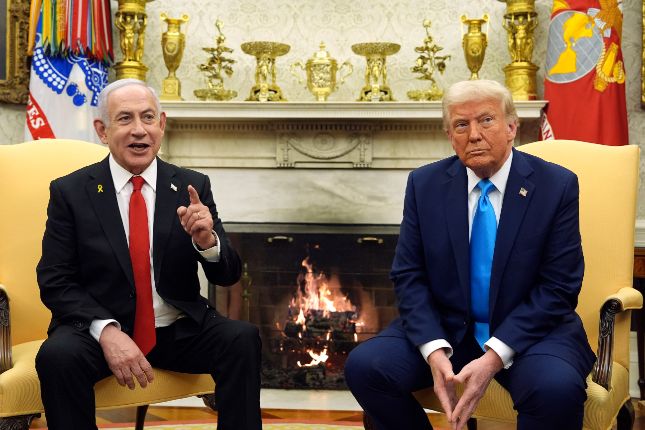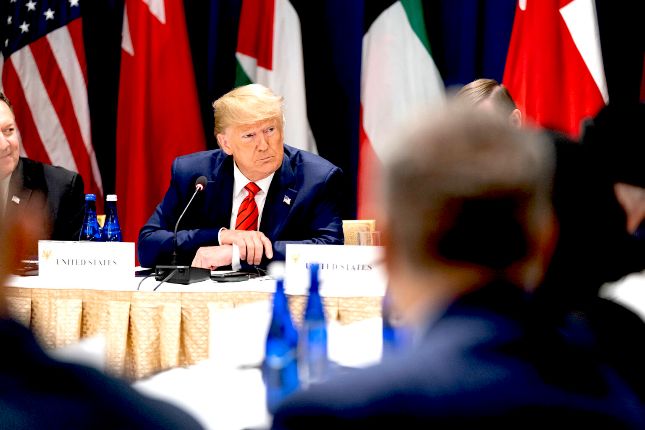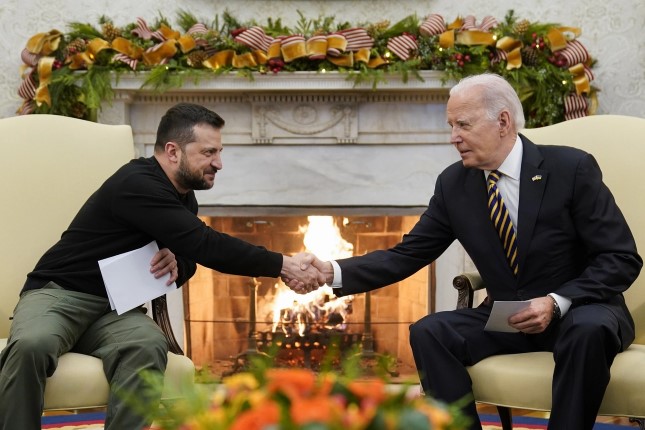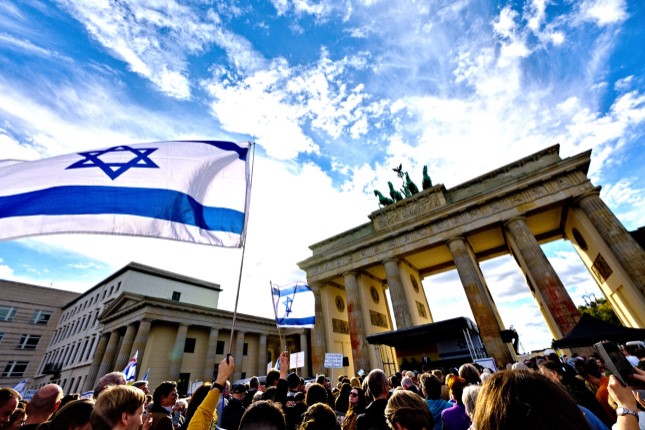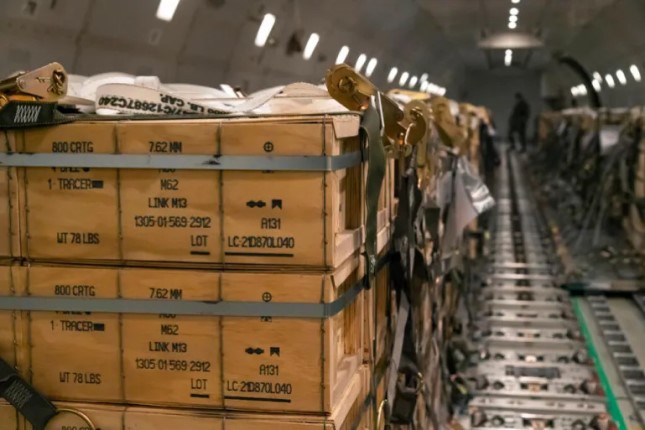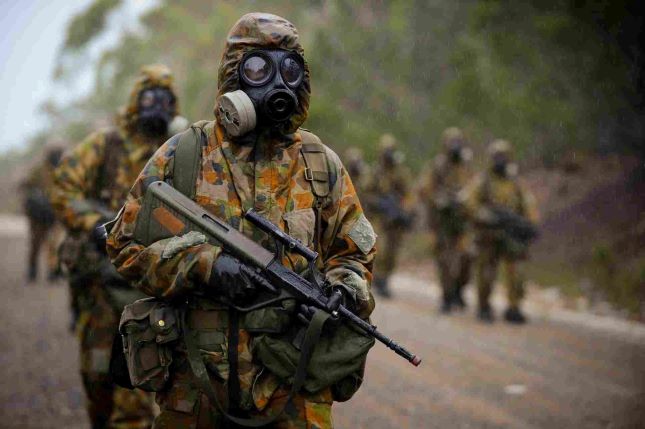~ Donald H. Rumsfeld, January 2003
In one of the more disquieting ironies of recent history, eighty years after the end of the Second World War (the 80th anniversary of the Allied victory is May 8th) the collective West has lined up behind the partisans of the Third Reich and against Russia, the country that did by far the most to win the war in Europe.
The worldview of European leaders like Kaja Kallas, Keir Starmer, Donald Tusk, Friedrich Merz, Emmanuel Macron, and Ursula von der Leyen, is partly the result of a kind of willful historical amnesia, taking their cues, as it were, from the descendants of Eastern European and Baltic nationalists for whom the Third Reich was a welcome ally; to such nationalists, Russia was and remains the apex-enemy. These European leaders, alongside their American counterparts such as National Security Advisor Michael Waltz, Secretary of State Marco Rubio, Senators Lindsey Graham, Chuck Schumer, Bernie Sanders, among countless others on Capitol Hill, have adopted, wholesale, the Russophobia of Eastern European and Baltic nationalists.
Amnesia facilities hubris; and what could be more hubristic than the decision by the German government to station German troops in Lithuania? (Here it might be appropriate to recall that 95 percent of Lithuania’s Jews were exterminated during the war – the highest rate in all of Europe. And the killing began before the arrival of the Germans). As the British historian Richard Sakwa has observed, “the whole European Union has been Eastern Europeanized with all of the bitterness and the historical baggage toward Russia.”
How did this come to pass?
There is this idea, long extant within the Atlanticist political establishment, that the Eastern European and Baltic States possess some sort of unique understanding of Russia due to their collective experiences under Soviet hegemony. Yet wiser heads were never so sure. A remarkable exchange of letters between “the father of containment” George F. Kennan and the Hungarian-American historian John Lukacs evince an early and prescient skepticism toward that line of thinking.
In a March 28, 1990, letter to Lukacs, Kennan wrote that,
The Russian expansion of earlier decades and centuries has been the doing of governments, not of the [Russian] people – of governments rendered over-anxious and jittery by the very backwardness and fragility of their own rule at home… Onerous and unjust as this often was for the peoples who fell victim to these anxieties (and this tended to be the case with the western border peoples rather than the Asiatic ones), the basic motivation was defensive. One has to remember (as many people, these days, forget) that it was initially Hitler, not Stalin, who destroyed most of whatever stability existed in eastern Europe in the period between the two wars. Stalin simply took advantage of what he saw as an existing vacuum – a disaster to be sure, for the affected peoples, but one arising from a profound sense of internal necessity on the part of Stalin and those around him.”
On April 5, 1990, Lukacs asked in reply,
…Would not a solution of the Baltic problem be a Russian statement that the 1940 incorporations were illegal and now null and void but not their October 1939 treaties with these states? Those were, after all, still made with the legal governments of the letter. Those treaties did not abrogate the sovereignty of the three republics, save in the sense that they had to accord their foreign policy – tacitly – with the requirements of the Russians who could station military and naval garrisons there. Yet these limitations did not mean the expunging of all Lithuanian or Latvian or Estonian freedoms, or even sovereignties until June-July 1940… I think Gorbachev could do worse than than to offer to the three republics their October 1939 status; but, of course, that would still involve the diminution of the territory of the Soviet Union proper.
The following September, as the Soviet Union was unraveling, Kennan recalled that,
Having lived for three years in those Baltic countries (of which Estonia was by far the best), I am not moved to idealize any of them. Their one-time German-Baltic masters of the Tsarist period, whom they treated so badly in their years of independence, were more than a cut above them culturally, and were the teachers for a great deal of what they learned. Between ourselves, there were days during our residence in Latvia in 1932 and 1933, when I could long back for the earlier, and relatively moderate Tsarist presence, and for the contribution it made to their economic life and their education.
Soon after the Cold War ended, Lukacs noticed “a growing nostalgia and appreciation of nationalist Eastern European governments before and during the Second World War.” In the years following the fall of the Berlin Wall, schools and streets in Slovakia and Croatia were being renamed in honor of Nazi collaborators, while in Romania, wrote Lukacs, “the murderous Iron Cross now enjoys a recurrent wave of nostalgic prestige.”
The media turned a blind eye to these and similar developments in Ukraine (to say nothing of the torchlight parades in Estonia and the rehabilitation of Nazi collaborators in Latvia and Lithuania) because all that matters is that one appears to be “taking a stand” against Russia.
The 4th Baltic State
Among the very worst influences on American foreign policy toward Russia and Ukraine has been the United Kingdom. Mary Dejevsky, the foreign affairs columnist for the British newspaper, The Independent, told me recently that,
…Right from the beginning of the war Boris Johnson [who was then serving as UK Prime Minister] drew a parallel with the plight of Britain in the early stages of the Second World War. And Johnson – he’s got a Churchillian complex – clearly saw Zelensky as someone who was standing alone against a vicious threat.
And so dealing with the Russians was treated as Munich in 1938; as selling out your allies for peace at home. And to my mind, those parallels are simply, totally mistaken, but they’ve deceived the whole of the British establishment.”
Striking a Churchillian chord of his own, this past February, Keir Starmer told Parliament, “Russia is a menace in our waters, in our airspace, and on our streets.”
The historian Sakwa, author of the superb new book, The Culture of the Second Cold War, has spoken about how “bizarre it is” that,
…in the British media and in the United Kingdom, peace is somehow considered a traitorous activity – as appeasement. Of course Munich looms very large, but it is a sign of the intellectual sterility and the barrenness of the British public sphere – by which I mean – the media, think tanks, even academics.”
Starmer’s New Cold War bombast makes Britain New Europe’s natural ally – a kind of 4th Baltic state, in spirit. Which is why Washington needs to, and urgently, re-prioritize its relationships in Europe. The responsible European center, France and Italy, which do not historically have inherently Russo-phobic political establishments, ought to become the pillars upon which Washington bases any future European policy. France, after all, is our oldest and greatest ally. It also matters. As the Quincy Institute’s Anatol Lieven recently noted,
…In thinking about great historical developments in Europe, it is necessary first to think about France. No conceivable European union or alliance is possible without France. French vital national interest in the security and stability of its neighbours means that its interests are, to a considerable degree, intrinsically aligned with those of Western Europe as a whole.”
Macron will thankfully be gone soon enough. A France led by National Rally, alongside an Italy led by Giorgia Meloni, is a European core both Washington and Moscow could work with. The perfervid nationalism on display within the Eastern European and Baltic periphery (and fanned by their enablers within the British and German political establishments) needs to be sidelined once and for all.
But it won’t be sidelined until we confront our own domestic constituencies which also lend their support to it. It is, one must admit, one of the odder twists of history how eagerly Washington’s neoconservatives have made common cause with the same Baltic and Eastern European nationalists who within living memory hunted their ancestors.
The distinguished diplomat Wayne Merry, who served as chief of the political section of the US Embassy in Moscow from 1990 to 1994, touched upon this phenomenon when I spoke to him earlier this year:
…I think you have to appreciate that in Washington and certainly in American academic culture, there’s a huge part of the intelligentsia who are just fundamentally hostile to Russia. And partly it comes from their cultural identity. Partly it comes from where they immigrated from. I don’t know how many times over the decades I’ve had people say, have you ever been to such and such a place in Ukraine? And nine times out of ten, I actually had been. But usually that place is where their grandparents were abused, and the memory…
I mean, it never ceases to amaze me that among a number of Jews and Poles I have met – whose countries and whose families suffered much, much more at the hands of the Germans – they resent the Russians much, much more.
And I didn’t quite get it, people from families who ultimately survived because of something the Soviet Union did, albeit unintentionally – that helped them survive by actually defeating Nazi Germany – do not get anything like a sense of regard or appreciation or recognition.”
My own guess is that this phenomenon (of forever hating the Russians but forgiving the Germans and their accomplices) has its roots the earliest days of the Cold War. Presidents Truman and Eisenhower and the coterie of cold warriors that surrounded them (particularly CIA director Allen Dulles, himself a wartime collaborator of the Nazis) were quick to forgive Austria and Germany due to the perceived exigencies of the Cold War (Austrian neutrality was codified in 1955, West Germany were welcomed into NATO only a decade after VE Day). The wartime alliance with the USSR (and with it, Roosevelt’s wartime leadership) were further anathematized thanks to the McCarthyite purges of the 1950s.
And now, thanks to successive and needless rounds of NATO expansion, we have painted ourselves into a corner. Europe is now attempting to wag the dog by inciting a major war with Russia.
As the estimable Dejevsky has observed,
…the bizarre reality that the European side of the Atlantic, give or take a few dissenters, is gearing up to continue a war that the United States, on the other side of the Atlantic, is trying to end.”
Stable, predictable relations between America, Europe and Russia is a prerequisite for US national security – as such, the West’s policy toward Russia can no longer be dictated by New Europe and its enablers in London and Berlin.
Source: AntiWar.com.
